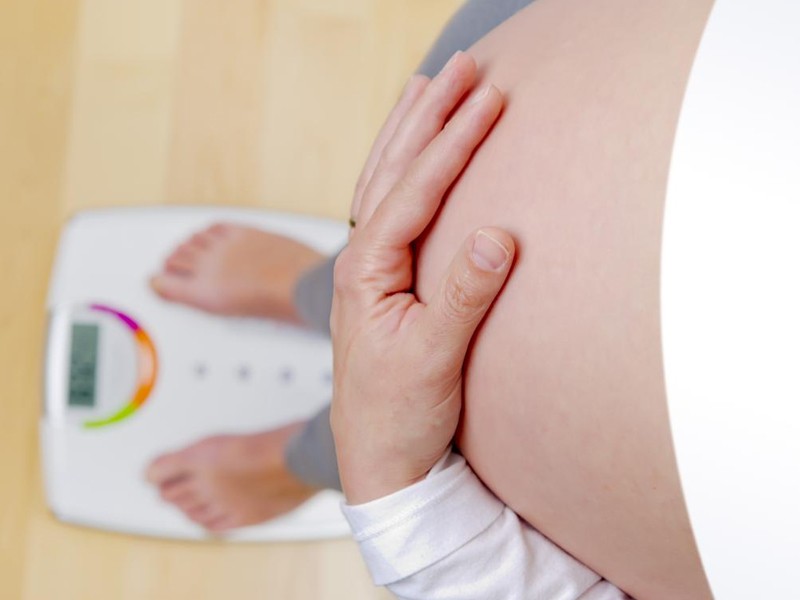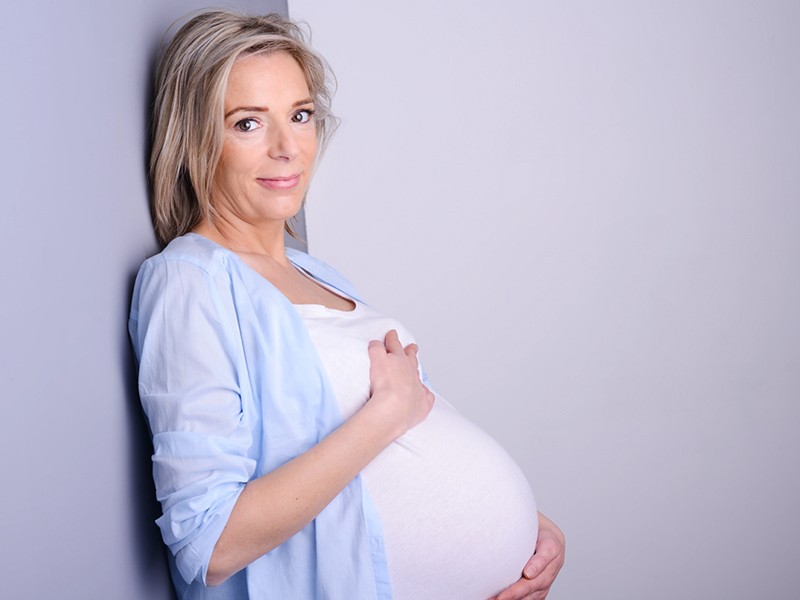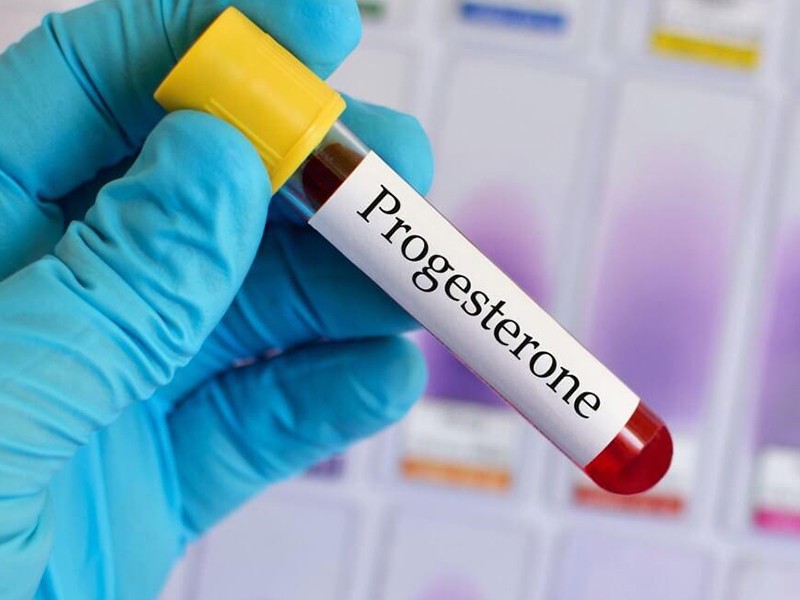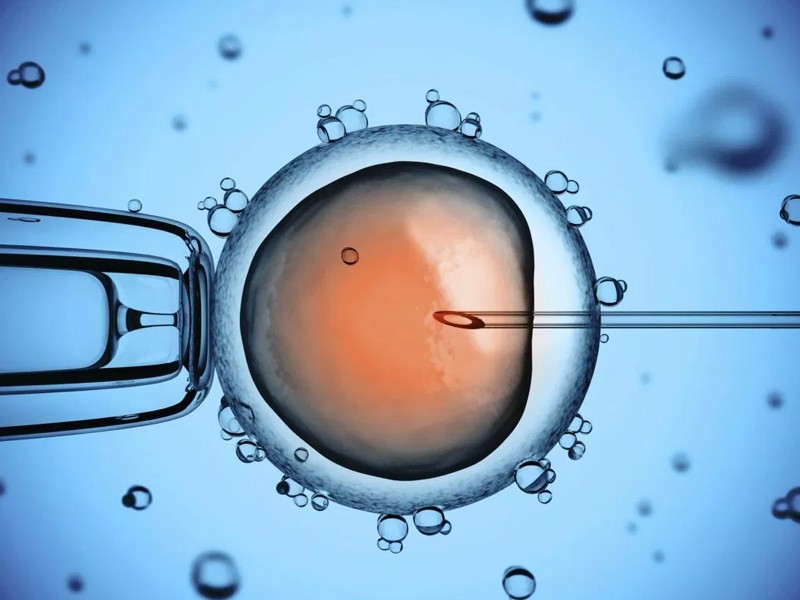Polycystic ovary syndrome. Causes, symptoms, treatment, and prevention

Polycystic ovary syndrome (PCOS), or Stein-Leventhal syndrome, is a polyendocrine disease of the female reproductive system that is characterized by a thickening of the ovarian capsule, an increase in their size, and the proliferation of a large number of cysts. Cysts are formed on the site of follicles that have stopped developing.
According to statistics, between 4% and 11% of women of reproductive age face this problem. In 94% of cases, the disease is accompanied by female infertility. These patients are considered at risk for developing precancerous and hypoplastic conditions. Therefore, this is a very serious disease that requires special attention.
The reasons for the development
The specific cause of polycystic disease is unknown. And there are still active discussions and research. It is known that it occurs due to an increase in androgens (male hormones) in the female body. Thus, there is a violation of the hormonal balance and the egg does not develop fully, ovulation does not occur. And in place of the follicle, cysts develop. This leads to a complete failure of the menstrual cycle and the work of the female reproductive system and the body as a whole.
One of the provoking factors that contribute to the development of PCOS may be overweight. Therefore, women should monitor their body mass index. Also, obesity can be a symptom of the disease. There are cases when in the presence of a disease, you can only be cured after weight loss.
Also, factors of development can be children’s infectious diseases, inflammatory diseases of the reproductive system, stressful events.
Often, patients have a genetic predisposition to the disease. According to research, there are several genes in the body that are responsible for the formation of insulin. And if one of them has changes, the absorption of insulin is disrupted, and the ovaries, in turn, begin to actively form male androgens in large quantities.
Symptomatology
Very often, the disease passes without obvious symptoms and manifestations. The first signs may appear in adolescence, when the menstrual cycle begins to establish.
But still there are bright symptoms that characterize the disease:
- Violation of the menstrual cycle. Regular delays, sometimes up to 6 months without menstruation.
- Hirsutism. Excessive hair growth, male type. Hair may appear on the chest, legs, face, back, and other places.
- The increase in body weight. Obesity develops in the abdominal area, that is, on the abdomen.
- The development of hypertension.
- Infertility. In adulthood, this may be the only sign of the disease.
- The development of diabetes mellitus type 2 with the relevant symptoms.
- Rashes in the form of acne and seborrhea.
- Psycho-emotional changes: irritability, drowsiness, apathy and unmotivated aggression.
These symptoms can often be signs of other diseases. Therefore, the doctor must conduct a full-fledged laboratory and instrumental diagnosis for accurate determination.
Diagnosis of PCOS
First of all, the gynecologist examines the woman and collects a detailed life history.
Then sends it for laboratory tests:
- General clinical;
- Thyroid hormones;
- Luteinizing hormone;
- Serum testosterone;
- Prolactin.
The next step will be instrumental diagnostics:
- Ultrasound of the pelvic organs. During which you can directly visualize the presence of cysts on the ovaries.
Also, the doctor can use additional diagnostic methods to exclude other diseases.
Treatment of polycystic disease
Today, medicine is not able to boast of a single and complete method of treatment. Unfortunately, it is impossible to completely cure polycystic ovary syndrome. The main goal of all strategies is to restore a woman’s sexual health, promote a healthy pregnancy and relieve symptoms that have negatively affected a woman’s life.
Depending on the causes of the disease, the symptoms, hormonal balance, and many other factors, the doctor may use different treatment methods.
First of all, doctors recommend getting rid of excess weight. But here it is important not just to go on a strict diet-a hunger strike, but a comprehensive approach: a balanced diet and physical activity. Fasting can make your symptoms worse.Quite often in young women, this is enough to restore the menstrual cycle and remove other unpleasant symptoms.
Although sometimes you need to use medication therapy, which includes:
- Hormonal contraceptive;
- Estrogen-progesterone medications;
Medications that improve the absorption of insulin.
If you have a large number of cysts that do not decrease under the influence of medications, you need to perform surgery. Cysts can be removed and ovarian plastic surgery is performed. Sometimes only removing the affected ovary can help.
Infertility treatment is performed after General therapy and correction of the woman’s weight. In order for the pregnancy to pass, the doctor can perform controlled ovarian ovulation stimulation. During it, eggs are formed that can be fertilized. To increase the chances of pregnancy, you can use assisted reproductive technologies: in vitro fertilization, donor eggs. In the case of frequent miscarriages and spontaneous abortions, you should think about surrogacy.
A full-fledged treatment strategy is selected individually, and depending on the patient’s needs.
Prevention
The best treatment for any disease is its prevention. Therefore, it is important to monitor your weight, control your diet and always maintain your physical form, then the chance of developing PCOS is much less.
You also need to pass preventive examinations of a gynecologist and pass appropriate tests, at least once a year, and after 45 years – once every six months. After all, if you diagnose diseases at the initial stages of development, the chances of recovery are much greater, with fewer complications.


